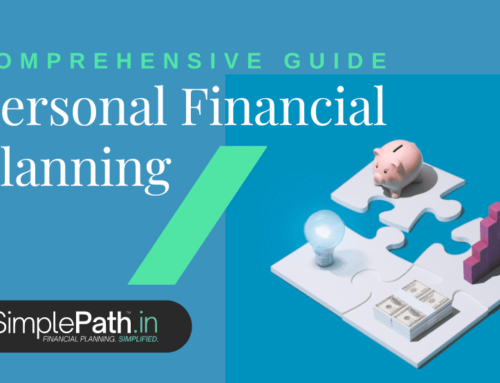Is your home looking like a financial disaster for you? While it is true that external factors can have a significant impact on our financial well-being, it is important to remember that our personal financial decisions and habits also play a crucial role in our financial stability. One area that we often overlook when it comes to our finances is our own homes.
Your home is likely one of the most significant investments you will make in your lifetime. It can also be a major drain on your finances if you are not careful. Here are some ways that your home can contribute to a financial disaster and what you can do to prevent it:
- Overspending on your home:
It’s tempting to want to buy the biggest and most beautiful home you can afford. However, overspending on your home can be a major financial disaster and leave you poor, meaning that you have little money left over for other essential expenses like food, transportation, and healthcare. To avoid this, be sure to set a realistic budget for your home purchase and stick to it.
- Not maintaining your home:
Regular home maintenance can be expensive, but neglecting it can be even more costly in the long run. Deferred maintenance can lead to bigger, more expensive repairs down the road, which can strain your finances. Be sure to keep up with routine maintenance tasks, such as replacing air filters, cleaning gutters, and checking for water leaks thus preventing a potential financial disaster.
- Taking on too much debt:
Using your home equity to take out loans or lines of credit can be a quick way to get cash, but it can also put you at risk of financial ruin if you are not careful. If you are considering using your home equity to take out a loan, be sure to weigh the risks and benefits carefully and only borrow what you can afford to pay back.
- Buying too much house for your needs:
It’s easy to get caught up in the excitement of home shopping and end up buying a home that is too big or too expensive for your needs. This can lead to unnecessary expenses, such as higher utility bills and property taxes. Be sure to consider your current and future needs when shopping for a home and only buy what you can afford.
By being mindful of these potential financial pitfalls, you can ensure that your home remains a source of stability and security rather than a financial disaster. Remember, your home is an important part of your financial picture, so it’s important to treat it with care.
At Simple Path, we help you create a financial plan that will ensure you save for the future and prevent financial disasters. Contact us today to learn more about how we can help you achieve financial security.





